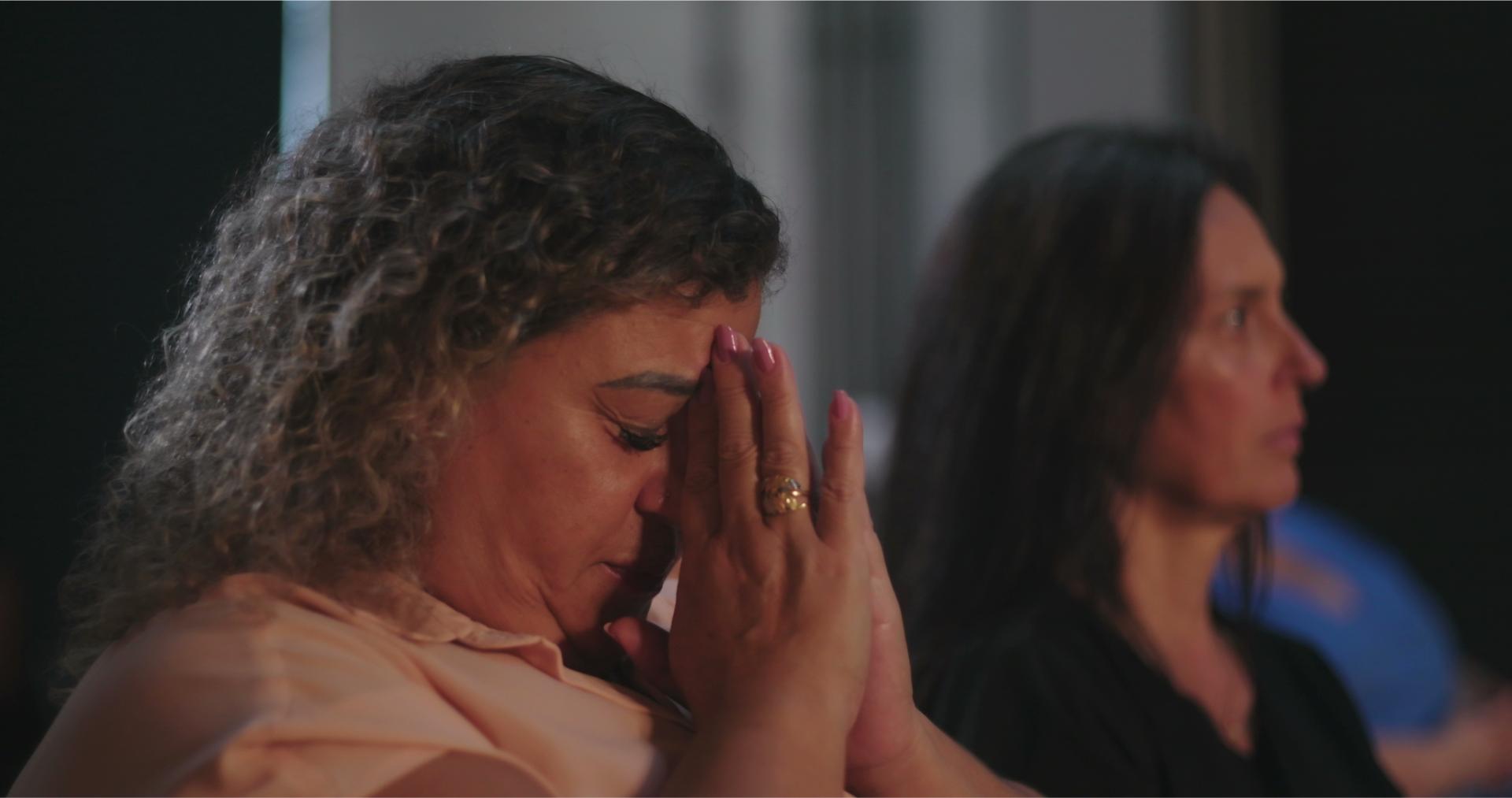What Is Estate Planning? How and When to Update Your Estate Plan
You are sitting at your kitchen table on a Sunday morning. Your coffee is steaming, the kids are laughing in the next room, and life feels good. You have worked hard for this. Years of saving, maybe buying a house, building a business, or slowly growing that investment portfolio.
Then it hits you, like an unexpected knock at the door: “If something happened to me tomorrow… what happens to all this?”
This is where estate planning steps in. And here is the thing, it is not some “rich people only” club for those sipping martinis on a yacht. It is for you, me, and anyone who wants to make sure their loved ones are cared for and their hard-earned assets are distributed where they are meant to go.

What is an Estate Plan & Why is Estate Planning Important?
Estate planning involves creating your personal “game plan” for what happens to your money, property, and even your responsibilities if you become incapacitated or pass away.
Estate planning is the process where you leave a map behind for your loved ones. It will show exactly where everything is, who it belongs to, and how you want it to be handled. Without the planning, the government steps in to make the call, and their version of “fair” rarely matches yours. Estate planning is about making sure your voice is heard, even if you cannot physically speak for yourself.
If you pass away unexpectedly, your spouse assumes they can immediately access your savings to pay bills or your child’s college tuition. Instead, they are stuck in months of court proceedings. Your favourite niece, the one you always promised your vintage car to, never gets it because the law had other ideas.
Estate planning is not just about money. It is about peace of mind. It is your way of protecting your family from legal headaches, surprise taxes, and emotional stress. More importantly, it gives them clarity when they will need it most during one of the hardest times in their lives.
Key Components of an Estate Plan
An estate plan is not just a single document. It is a collection of tools that work together to protect you, your family, and everything you have worked for. Here is how the most common components of an estate plan work and how they might come into play in real life.
A Will
Think of a will as your final instruction manual. It lays out exactly who inherits your assets from your home to that vintage watch your nephew loves. It can also name guardians for minor children, ensuring they are cared for by the people you trust. For example, if you want your sister to raise your kids instead of a court deciding, your will makes that crystal clear.
Trusts
A trust is like a secure gift box you prepare in advance. You can place your assets in it during your lifetime and decide how and when they are distributed. Many people use trusts, especially revocable living trusts, to avoid the long, public process of probate while keeping control over their assets during their lifetime. For instance, if you want your daughter to receive her inheritance in stages, perhaps part at 25 and the rest at 30, a trust can make that happen. Trusts can also be used strategically to manage or reduce the impact of gift taxes when transferring wealth during your lifetime. This might include making lifetime gifts to family members in a way that reduces your taxable estate while helping them right now.

Powers of Attorney
Life is unpredictable. A durable power of attorney lets you choose someone to make financial and legal decisions on your behalf if you cannot. Imagine you are in the hospital after an accident with a signed power of attorney, your spouse or trusted friend can pay bills, manage bank accounts, or sign important documents without delays.
Healthcare Directives
These are your voices when you cannot speak. A healthcare directive states your wishes for medical treatment, such as whether you want life support or certain procedures. For example, if you have strong feelings about end-of-life care, this document guides doctors and spares your family from making heart-wrenching guesses.
Beneficiary Designations
Some assets, like life insurance policies or retirement accounts, pass directly to whoever you name as the beneficiary. No will or court needed. Just note that if your old policy still lists an ex-partner as the beneficiary, that’s who gets the payout, even if your will says otherwise. Keeping these designations up to date avoids costly and emotional surprises. These designations are a simple but powerful way to transfer assets directly to your chosen recipients without probate delays.

How to Create an Estate Plan
Planning for what happens after you are gone is not about being morbid. It is about love, clarity, and making life easier for those you care about. Think of it as a way to leave a roadmap instead of a puzzle. Here is how to get started:
Take inventory of your assets and debts
Imagine your loved ones trying to guess where you kept your bank accounts, property papers, or that tiny fixed deposit you forgot to mention. Make a simple list of everything you own and owe, from real estate and vehicles to bank accounts and investments. It is like giving them a “treasure map” without the confusion.
Decide on your beneficiaries and guardians
This is where you choose who gets what, and if you have children, who will look after them. For example, your sister might be great at handling money, but maybe your cousin is the one with the patience to raise kids. So choose wisely.
Choose trusted decision-makers for finances and healthcare
Life can be unpredictable. If you are ever unable to make decisions yourself, someone you trust should step in. Think of it as picking a co-pilot. Someone who knows your values and would not hesitate to speak for you.
Work with an estate planning attorney to put it in writing
A casual chat with family is not enough. The memories fade, and misunderstandings happen. An estate planning attorney ensures everything is legally clear. It is the difference between “I think this is what they wanted” and “This is exactly what they wanted.” An estate planning attorney ensures all your estate plan documents are legally clear and enforceable.

Common Estate Planning Mistakes to Avoid
Even the best intentions can backfire if your estate plan has gaps. Here is where people often trip up and how to sidestep those mistakes.
Not having a plan at all
It is tempting to say, “I’ll get to it later.” But later can turn into never, and that leaves your loved ones with no guidance. Imagine your family scrambling to figure out your finances while grieving. It’s a mess no one wants to leave behind.
Forgetting to update beneficiaries
Life changes, but paperwork often does not. If your retirement account still lists an ex-spouse as the beneficiary, guess who is getting that payout? Yes, the ex. A quick update can prevent years of family drama.
Ignoring digital assets
These days, a significant portion of our lives is spent online, including email, social media, and even digital wallets. Without a plan, your loved ones might lose access to important memories or money simply because they do not have your login details.
Not considering taxes
A well-structured plan can also help minimize income tax implications for your heirs. By understanding tools like tax exemptions and strategies to reduce estate taxes, you can ensure more of your legacy goes to your loved ones instead of the government.

When to Update Your Estate Plan
Think of your estate plan as a living document, not a “set it and forget it” arrangement. Life changes constantly, and your plan should evolve alongside it. An outdated plan can cause confusion, unintended outcomes, and even costly legal disputes. If you have experienced any of these changes, it is time to take another look.
Marriage or divorce
Tying the knot often means merging assets, adding a spouse as a beneficiary, or granting them decision-making authority in medical and financial matters. Divorce, on the other hand, may require removing an ex-spouse from your will, trust, or insurance policies. Example: Sarah remarried but forgot to update her life insurance beneficiary from her first husband. When she passed, the payout went to her ex—exactly the opposite of what she wanted.
Buying or selling major assets
The big purchases, such as a vacation home, rental property, or business, can significantly affect your estate’s value and how assets should be distributed. Selling a major asset might mean rethinking who gets what or how proceeds are divided. Example: After selling his small business, Mark forgot to adjust his estate plan to reflect the cash sale instead of the business ownership. The plan left specific instructions for a company he no longer owned, which created confusion for his heirs.
Relocation to a new state or country
The estate laws vary widely. What works in Nevada might not hold up in California or overseas. Moving without updating your estate plan could leave certain provisions unenforceable. Example: After moving from Nevada to Arizona, Linda discovered that her old healthcare directive did not meet Arizona’s legal requirements, meaning her wishes might not have been honored.
Significant changes in health
A new diagnosis or change in your health can shift your priorities. This may involve revising healthcare directives, adding long-term care provisions, or adjusting financial arrangements to support medical needs. Example: When John was diagnosed with a progressive illness, he updated his plan to ensure his wife could immediately access funds for in-home care without going through court approval.
Changes in Tax Laws
The shifts in federal or state tax rules can alter how much your heirs owe or how much they can save when inheriting your estate. Periodic review ensures you take advantage of exemptions, deductions, and strategies that keep more of your wealth in the family. Example: When Nevada’s estate tax threshold changed, the Mitchells updated their trust to ensure their children would not face an unexpected tax bill.
A good rule? Review your plan every 3–5 years or immediately after any major life event to ensure it reflects your current wishes, relationships, and financial situation.
Frequently Asked Questions
Is estate planning only for the wealthy?
Absolutely not. If you own anything, such as a car, a bank account, or even a pet, an estate plan helps protect it and decide who cares for it.
What happens if I don’t update my estate plan?
You risk confusion, disputes, and even having your assets distributed to the wrong person. For example, without updates, a stepchild you adore might end up with nothing simply because they weren’t added to the plan.
Watch our video to learn more tips about estate planning.
Can I make changes on my own without a lawyer?
Small updates, like changing a beneficiary, can often be done yourself. But for big changes, a lawyer ensures everything is legally solid so there are no surprises later. Surprises are great for birthdays, not for courtrooms where your will is being picked apart like a Black Friday sale bin.
Sure, you could leave everything to chance, skip the paperwork, and let the Nevada probate process turn your life savings into a circus starring your distant relatives, whom you haven’t seen since 1997, suddenly becoming very interested in you. Otherwise, you could call a probate attorney, get your estate plan sorted, and have a say in where your stuff goes before the government holds its version of a yard sale. Remember, probate court does not do refunds. Once they take the ticket, the show goes on… with or without you.








